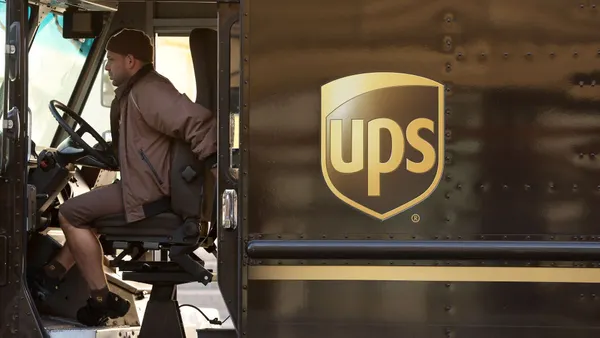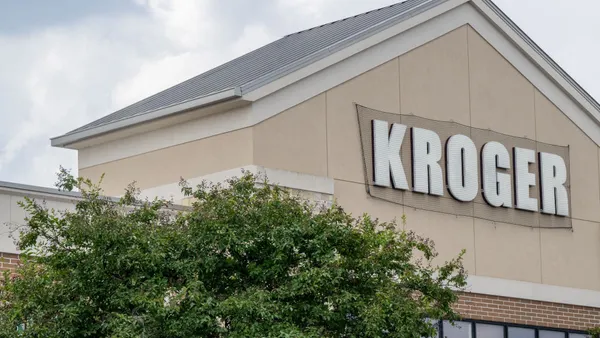Dive Brief:
- Apple retail employees must be paid for time spent in bag searches, according to a recent decision by a three-judge panel of the 9th U.S. Circuit Court of Appeals (Frlekin et al v Apple, Inc., No. 15-17382 (9th Cir., Sept. 2, 2020).
- The ruling stems from class action wage and hour claims brought by workers alleging the exit searches violated state law. The employees estimated they generally spent from five to 20 minutes and as much as 45 minutes — depending on manager or security guard availability — waiting to undergo an exit search. They were required to clock out before the searches and were not paid for the time spent, the said.
- A federal district court ruled in 2015 that the time was not compensable because it the workers were neither "subject to the control" of the employer nor "suffered or permitted to work." On appeal, the 9th Circuit asked the California Supreme Court to weigh in; it held earlier this year that the time was compensable as "hours worked" because the employees were subject to Apple’s control and that the searches were imposed for Apple's benefit. The 9th Circuit agreed and reversed the district court’s ruling. Apple did not immediately respond to a request for comment.
Dive Insight:
Golden State employers have faced a number of bag check cases in recent years. Dick's Sporting Goods paid nearly $3 million to a class of about 11,000 current and former employees in California who said they were required to undergo unpaid off-the-clock security checks. Nike and its subsidiary Converse have also dealt with similar allegations. California wage and hour requirements often impose stronger requirements on employers than federal law.
Under the Fair Labor Standards Act (FLSA), individual circumstances determine whether time spent on such activities is considered hours worked, according to the U.S. Department of Labor. For example, an employee taking a shower at the end of the workday for his or her own "benefit and convenience" would not need to be paid for that time. However, time spent putting on and taking off required protective gear (sometimes referred to as "donning and doffing") is likely to be considered work time for which employees must be compensated.
One of the arguments that Apple made, according to the appellate court, was that the time spent by class members undergoing the search was de minimis. The appeals court said the defense was forfeited because Apple hadn’t raised it before the district court, but employers have successfully made that argument. Under the FLSA, de minimis time — small amounts of time — need not be compensated. A California federal trial court granted summary judgment to Converse in 2017 in a class action mandatory bag check lawsuit. Converse argued that the off-the-clock time required for the inspections was de minimis and, as a result, not compensable. Although the plaintiffs claimed they waited more than two minutes in some instances, Converse provided evidence that most of the bag inspections lasted less than 10 seconds.










